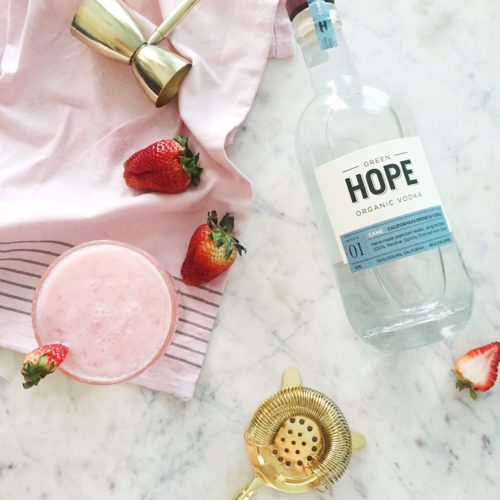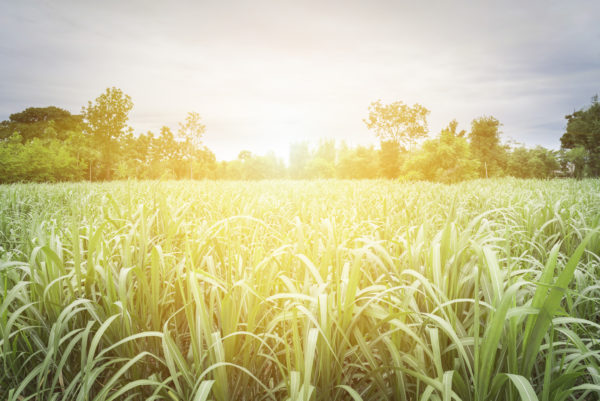For years, people have been taught that sugar is the ultimate bad guy. Eating too much of it causes obesity, diabetes, acne, and a multitude of other health issues… which is true. However, completely eliminating sugar from your diet is not as easy as (or as tasty) it seems. Luckily, for those of you with a sweet tooth, there is good news – not all sugars are evil.
In fact, most of the problems associated with sugar are due to the fact that people are consuming large amounts of the wrong type of sugar. So, you may be wondering: when it comes to sugars and sweeteners, which ones are okay?
Say Hello to Organic Cane Sugar
Organic cane sugar is unrefined sugar that is grown using organic farming practices (aka without the use of synthetic pesticides). Unlike overly-processed, highly-refined white sugar, organic cane sugar retains some nutritional properties.
Not only does organic cane sugar contain sucrose, glucose, and fructose (compared to refined white sugar that only has sucrose and glucose), but it also contains amino acids, minerals such as sodium, magnesium, calcium, and iron, as well as six different vitamins.
Oh yeah and did we mention that organic cane sugar tends to have a warmer, richer flavor profile too? No chemical pesticides, more nutrients, and an amazing taste!? Sign us up please!
Why Should You Go Organic?
One word: pesticides. Farmers that don’t practice organic farming spray chemical pesticides on their sugar crops in order to kill weeds and insects that get in the way. The sugar cane absorbs these pesticides and residues linger on the crop throughout the manufacturing, packaging, and distribution process… all the way to your kitchen.
Synthetic pesticides have harmful effects on the earth, our soil, our food, and our health.
Pesticides & Our Environment
Chemical pesticides are a large contributor to air, soil, and water pollution. Although farmers only intend for the pesticides to last for a short period of time in a specific area, pesticides will linger and spread throughout the air, soil, and water.
Fortunately, there is a way to keep pests and weeds away from your crops that is less harmful to the environment. Organic farmers use organic products (each subjected to rigorous standards set by the USDA) in order to achieve the same effect, without the negative consequences. It’s a win win!
Pesticides & Our Soil & Crops
The pollution from pesticides doesn’t stop at the soil, water, and air. Pesticides also contaminate our food. In fact, researchers have found pesticide residue in one third of our food time and time again. That’s right, the same chemicals used to kill living organisms are being consumed by humans. Something isn’t right here…
Organic farming seeks to reverse this. Organic farmers essentially “start from scratch” with the soil. By actively trying to decrease soil contamination, organic farmers are able to produce more and more clean, natural food and crops.
Pesticides & Our Health
So, we’ve established that when pesticides are used in farming, they contaminate the environment and our food. But, they also contaminate something that hits a little closer to home – our bodies.
Pesticides have been linked to a variety of different diseases, including neurological disorders, Parkinson’s Disease, lymphoma, asthma, and more. By going organic and choosing organic sugar cane, you will decrease your risk for these diseases.

Green Hope Cane Vodka
Wondering how to drink your Hope Cane Vodka?! Our Cane Vodka is pure sweetness and is the perfect alternative to simple syrup. So, next time you’re craving a Vodka Mojito or Cranberry Martini, leave the simple syrup in the cupboard – Hope Cane Vodka provides all the sugary sweet flavor you need!
Cheers!


